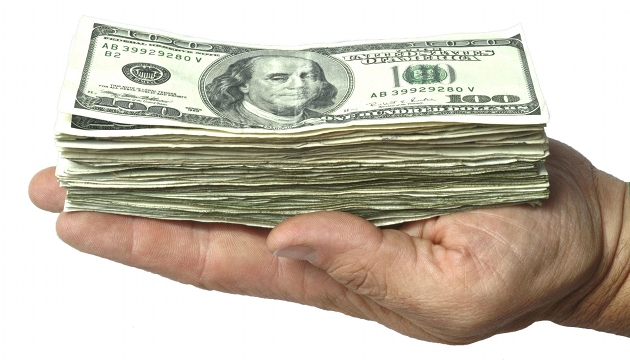Budgeting A Rainy Day Fund: 4 Insights To Help You Be Prepared

The key to effectively managing your finances and avoiding your bank account falling into the negatives is preparation. Be prepared for anything and everything. Although everything may not got wrong, you need to look at your financial future and prepare for disaster. If there is an unexpected disaster, you will not be phased, and if there is not, you will have more money set aside than you initially planned to have saved.
Let’s say your car payment is $250 per month. Let’s also say your interest rate is fixed at 2.5%. Rather than making the minimum, expected payment of $250 per month, consider paying as little as ten dollars and as much as two-hundred dollars more per month. By paying more than necessary, you take care of interest, while reducing your number of future payments. Also, should there come a time down the road when you need that $250 for, let’s say, a car repair rather than a car payment, your payment amount will be lowered (due to your past increased payments), and you might be able to scrape by easier. Paying extra is a good investment in your future and makes your credit look better, faster.

For those who are self-employed or deal in 1099 forms in April, set at least twenty percent of each paycheck aside to allot for unpaid taxes that will be collected by the IRS during tax season. By getting into the habit of setting aside at least twenty percent (fifteen for federal taxes, depending on your bracket, and five for state taxes), you will prevent future financial disasters. Also, should your state tax or federal tax bracket be lower than expected, you will have given yourself a generous refund.
Keep in mind that, even if you have recently purchased a new car, a new house, or even a new pet, there will be expenses. That new car will need an oil change every 5,000 miles, and at an average of $20-$50 an oil change, that money will add up. Experts doing volvo specialists service, with over 35 years of collective experience, point out the need to have money set aside for emergencies. For example, I recently purchased a new, 2014 vehicle. A month later, a rock hit my vehicle’s windshield, and suddenly, I was short $340. By setting aside money from each paycheck for expected and, more importantly, unexpectedexpenses, you can avoid financial turmoil.
Often times, people make budgets and allot portions of their paycheck solely for their bills. This is a common mistake, one that completely disregards the nature of life. Consider dividing each paycheck into four parts: bills, savings, the unexpected, and spending-money. Once you get into the routine of preparing for the unexpected, couple with setting aside money for savings, you will have created a sturdy emergency net that will prevent any potential financial ruin.
